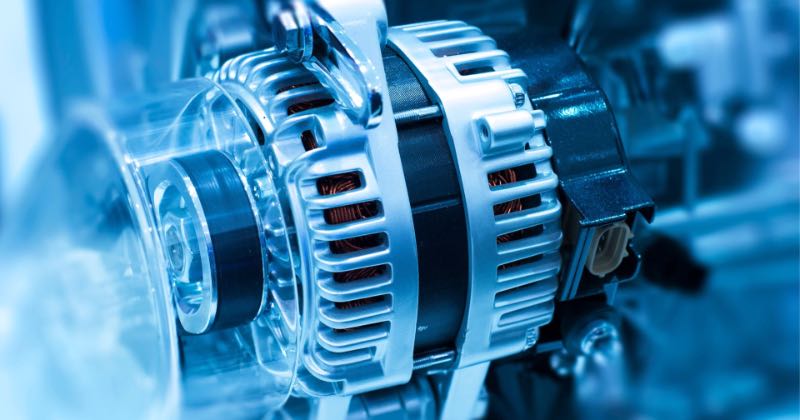Helix’s Groundbreaking XBS Electric Motor Signals a Shift in the Automotive and Aerospace Landscape
In a groundbreaking move, the British consortium led by Helix has unveiled the revolutionary XBS electric motor, potentially signaling the beginning of the end for combustion engines. Helix, a UK-based company specializing in the production of electric motors for aviation, is renowned for its high-power electric motors and inverters. Originally designed for aerospace applications, the XBS electric motor has gained acclaim for its exceptional power and compact design.
Collaborative Innovation: The Birth of XBS
The XBS project is the fruit of collaboration between Helix, the Midlands Aerospace Alliance (MAA), and the Aerospace Unlocking Potential project (Aerospace UP) by MAA, in partnership with the University of Nottingham. Developed within Helix’s X-Division, the project aimed to push technological boundaries and offer innovative solutions in the aerospace industry.
Scalable Core Technology: Transforming the Industry
The scalable core technology of XBS, known as Scalable Core (SCT), presents a flexible solution that could outperform traditional combustion engines. Derek Jordanou-Bailey, the project’s chief engineer, adapted the existing SCT motor configuration to fit a 38-millimeter through-shaft. This architecture provides flexibility and optimization for various aerospace applications, from enhancing the power of a piston engine in hybrid configurations to propelling propellers and other aerospace devices.
Inside the XBS Motor
The XBS prototype incorporates a mechanical cooling pump integrated with advanced sealing technology, eliminating the need for additional components and enhancing Helix’s patented rotor cooling design efficiency. The sealing technology has enabled the prototype to reach speeds of up to 15,000 revolutions per minute, generating remarkable power within a compact size. With a continuous rated power of 310 kW and a peak of 380 kW at 2,500 revolutions per minute, the motor can deliver significant torque ideal for driving large-diameter propellers, all while saving considerable weight compared to larger direct-drive engines with the same power.
Testing the Waters: XBS Reliability and Performance
Comprehensive testing has demonstrated the reliability and performance of the XBS prototype. Compared to piston or turbine engines offering similar power, the XBS is lighter, smaller, and requires virtually no maintenance. Helix plans to expand its reach in the future, venturing into the automotive industry alongside its initial focus on aviation, marking a milestone toward the decline of traditional combustion engines.
The Evolution of Engines
The evolution of engines has been a continuous process throughout history, and it remains ongoing. While internal combustion engines are still prevalent today, new regulations point towards a more sustainable future, sparking a race among manufacturers to position themselves in the production of more sustainable electric or hydrogen engines.
As we witness the evolution of engines, electric motors emerge as the most popular choice, offering several advantages over internal combustion engines. However, hydrogen combustion engines are also gaining traction, boasting performance similar to traditional combustion engines. Undoubtedly, these developments will contribute to enhancing the performance, efficiency, and sustainability of engines, shaping the future of transportation.




